30 Years of Country Style
“In my old country, we never had a dream – and even if you had them, you couldn’t go for them. Here, we can have a dream for our future and while it may take us longer than others, we are willing to try. It’s up to us – that’s what I feel.” – Lal Lian
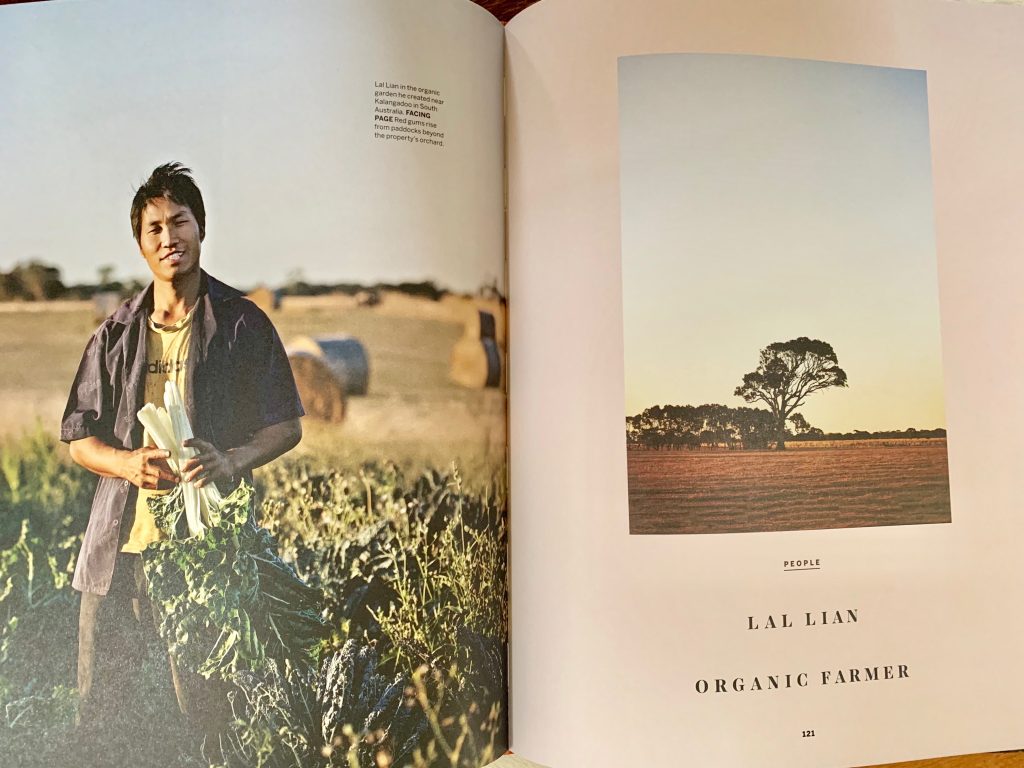
Kalangadoo Organic’s Chris and Michelle McColl loaned Lal, a refugee from western Myanmar, almost a hectare of highly prized organic soil so that he could produce his own crops to sell at local farmers’ markets. My November 2013 story of their inspirational friendship appears in Country Style magazine’s hardcover 30th anniversary compendium.
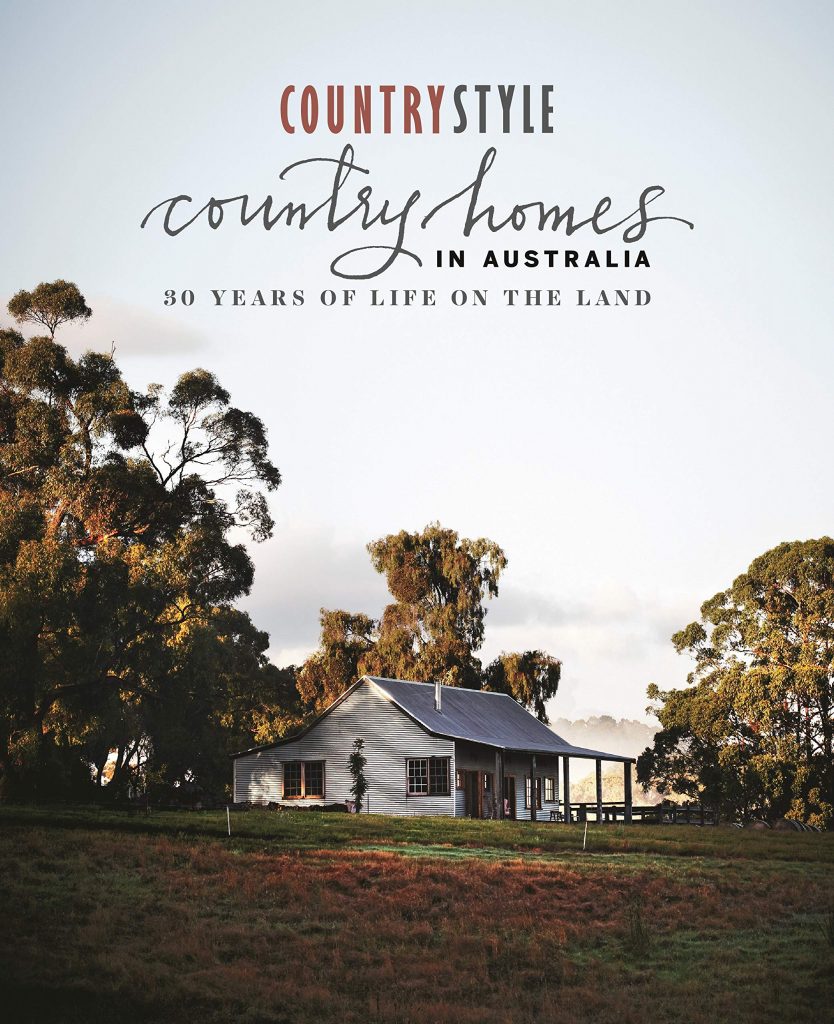
I have written many articles for Country Style over the years, and have made some wonderful friendships. I’m so thrilled that this gorgeous magazine endures.
20 Years of Outback Magazine
It’s been 20 years of telling stories of the bush for Outback Magazine. How lucky am I to have been on board for the past six! #dreamjob. It was such a privilege to be invited to share what it means to be a contributor:
“Absolutely nothing beats an email from the Outback editorial team asking me if I’m up for a road trip. Any time! I’ve been to so many places I may not otherwise have ventured, sharing stories, tears, celebrations, secrets, campfires and meals with the most genuine people. Good people. And oh the laughs! (Especially when photographer Robert Lang is within cooee.)
Interviews turn into unbreakable bonds, with promises of return visits. On Wilpoorinna Station, in outback South Australia, Lyn Litchfield’s baked chops are well worth the 13-hour drive from my farm on the Limestone Coast. And I’m still in awe of the Anzac Day dawn service on the Birdsville Track’s Cowarie Station. I’ll be back, Oldfields!
I’ve slept in dongas, shearers’ quarters and swags under the stars, and will be forever grateful to the shift manager of the Prairie Hotel at Parachilna who took one look at me after a dusty assignment and offered me substantial room upgrade – add it to your bucket list! The one constant that I’ve encountered in my extraordinary role as an Outback contributor is the universal high regard for the magazine. It’s trusted, honest and frank – far from pretentious – but it’s also filled with optimism and friendship. Such wonderful qualities in anyone’s book.”
The real story behind the Oddball movie
How low can a fox go? In Warrnambool, the depths are quite extraordinary. The coastal town’s Middle Island little penguin population plummeted from several hundred seabirds to single digits during the 2004-05 breeding season, and foxes were to blame; they had been swimming across from the mainland for a feed. Furious locals declared that the annual massacre had to stop, but how to outwit a cunning fox? Ask a chicken farmer.
Local poultry expert Alan ‘Swampy’ Marsh had been having enormous success using Maremmas to protect his free range chooks, and suggested sending a dog across the channel to guard the penguins. The idea ruffled a few feathers, for it was a world-first, but Swampy’s dog, Oddball, passed a four-week trial with flying colours – the island has been fox-free ever since. I shared the tale in the Dec-Jan issue of Outback magazine, while the story of the penguin protectors has also made it onto the big screen, with the movie Oddball directly inspired by the Middle Island Maremma Project.
Border Inn Hotel’s Rebirth – Outback Magazine
The ‘closed’ sign had been on the door of Apsley’s historic Border Inn Hotel for more than two years when a group of locals figured it must be their shout. While the small farming community in Victoria’s far west had adjusted to the loss of its general store and fuel station, the pub was a different story; the town was missing its social hub.
Just over a year ago, a 23-strong syndicate of locals brought the 165-year-old business back to life.
“We didn’t know each other particularly well, and when you first get a group of people together, it takes a while to find where you belong, but we soon worked it out because it never would have got up and running unless everyone rolled up their sleeves and got into it,” says cattleman-cum-publican Noel Ogilvie.
“People ask how we make it work, but we have made an effort to make it work because we are passionate about it,” says fellow farmer-shareholder Simon Robinson.
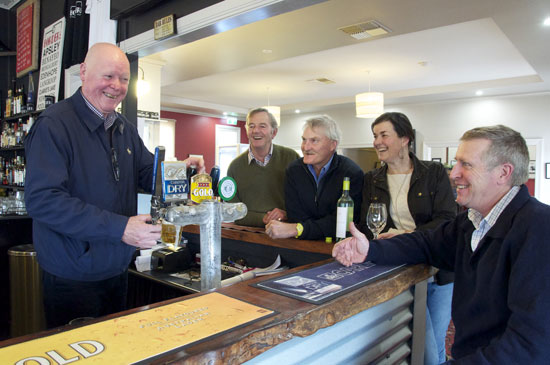
What does it take to get a beer in Apsley? Twelve farming families, a retired stockbroker and a ‘sold’ sticker.
My story on this community-minded mob appears in the October/November 2015 edition of Outback Magazine. Amazing cover!!
Flinders Merino – Outback Magazine
There are few similarities between outback South Australia and Hong Kong, but a group of wool growers have found a common thread by sharing the journey from the sheep’s back…
To the clothes rack.
During a field trip to Hong Kong, the Flinders Merino group was astounded to discover that the final year fashion design students at the Polytechnic University’s Institute of Textiles and Clothing didn’t use wool in any of their garments, so they offered to sponsor one of their annual fashion shows in the hope of encouraging such an influential market to take on their product. The ‘Flinders Merino Australian Tour Scholarship Award’ gives winning design students an opportunity to travel from Hong Kong to the Flinders Ranges to experience the life of a wool grower in a journey beyond the bale.
“When we were over there, we recognised that one way we could make wool very desirable to use in fashion design was to tell the story of where it’s from, and by bringing them here, we can give them the whole story – the family, the sheep, big skies, big pastures – it’s a good story to tell.” – Julia Clarke, Pamatta Station.
It’s a Crocodile Dundee-type tale triggered by drought; transport a group of city slickers to the bush, and watch them fall in love with the landscape by spinning the ultimate yarn.
My story on this unique ‘student exchange’ appears in the June/July 2015 issue of Outback magazine.
“And what always amazes me is that they are so overawed by it all; they all love a lamb, but it’s also the first time many of them have been in a rural area and we will often find them sitting close together – they’re so used to being in a city environment, and it takes a long time for them to understand that sense of space that Australia offers.” – Julia Clarke
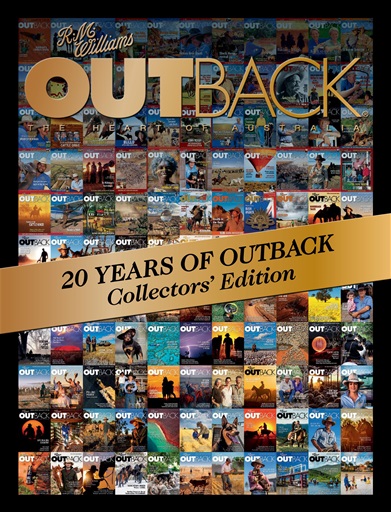

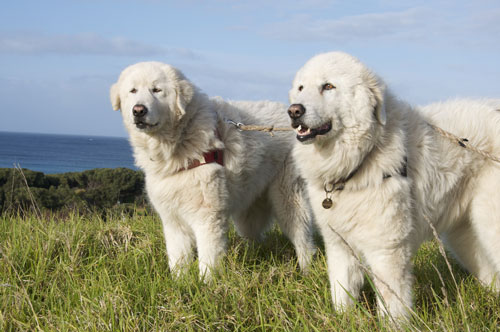
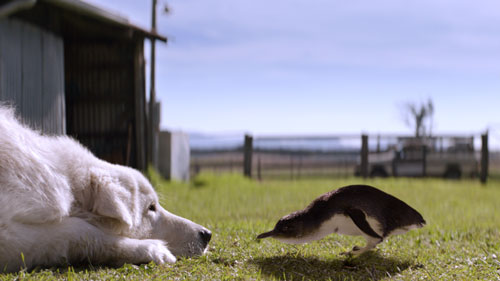
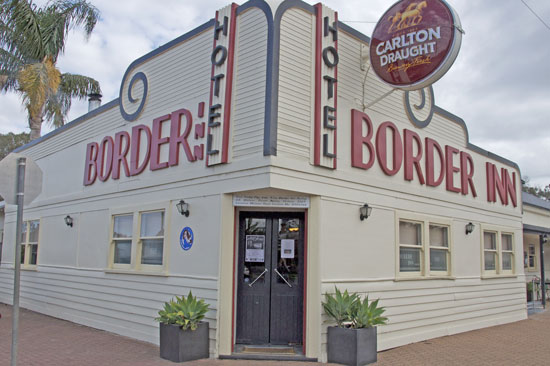
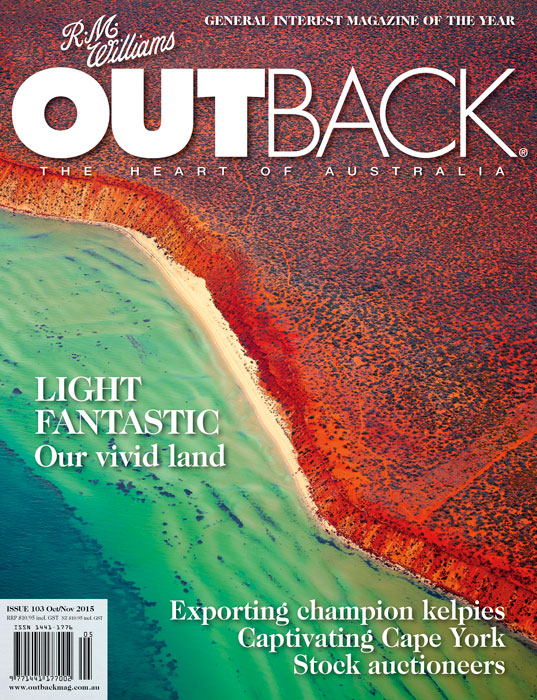
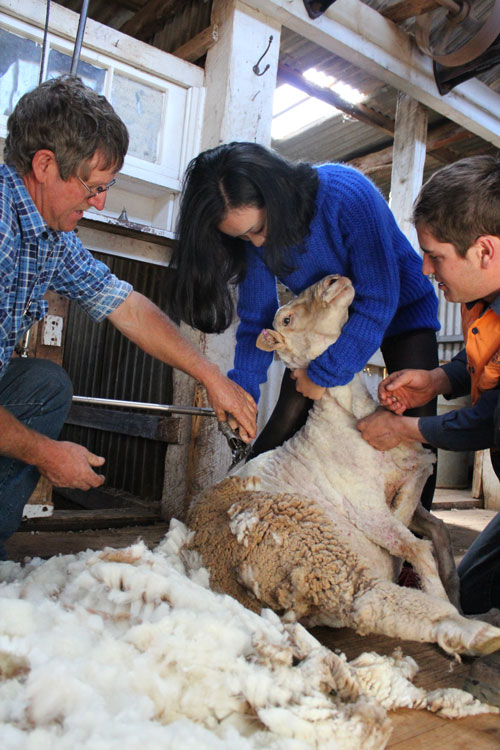

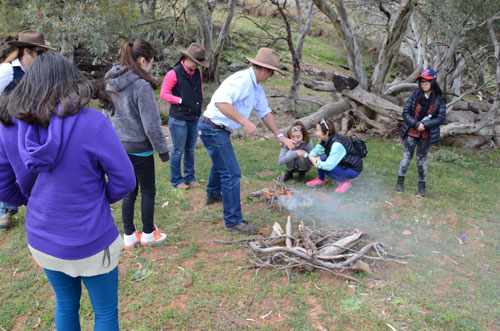
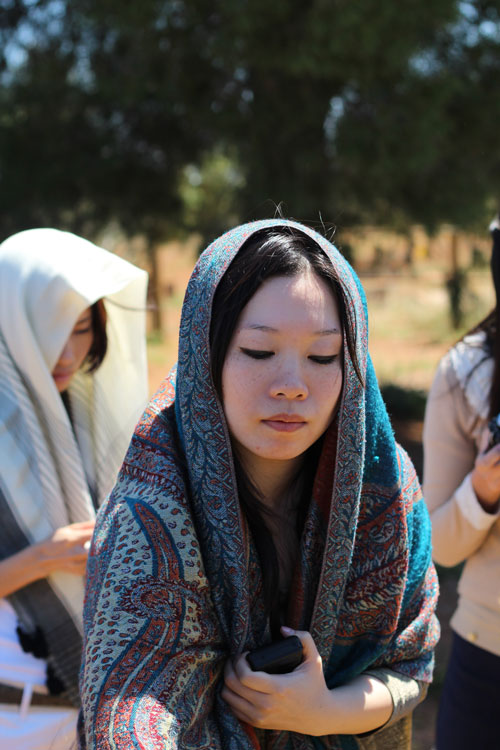
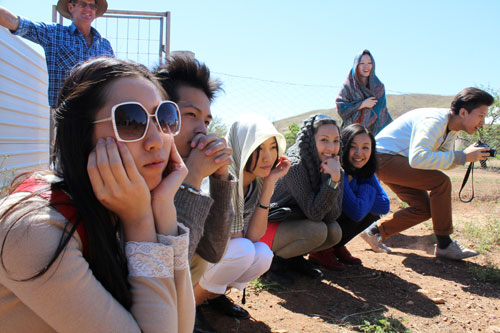
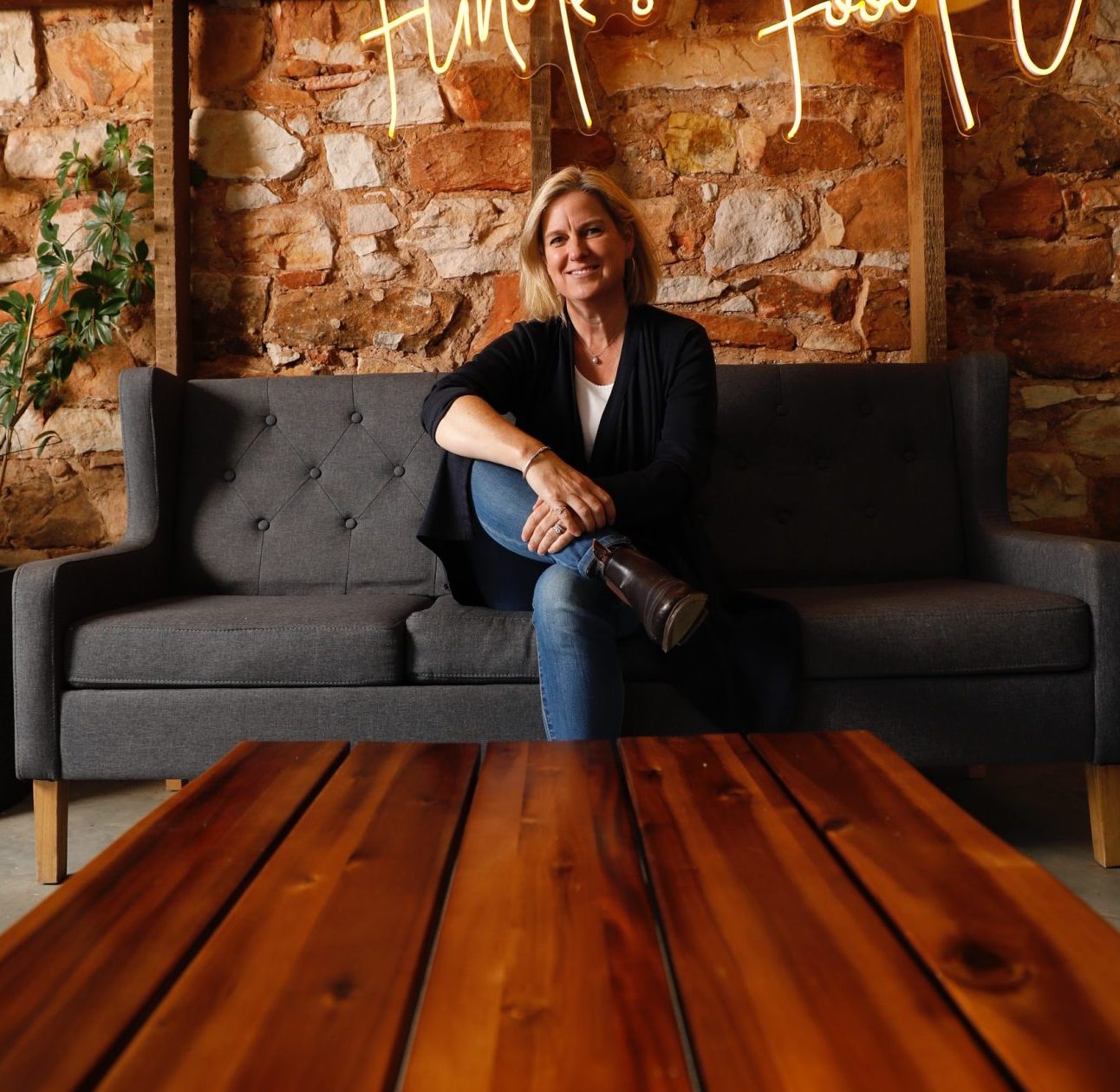 I’m Gretel Sneath, accomplished freelance writer & storyteller. When I'm not on the road, you'll find me on South Australia's Limestone Coast.
I’m Gretel Sneath, accomplished freelance writer & storyteller. When I'm not on the road, you'll find me on South Australia's Limestone Coast.